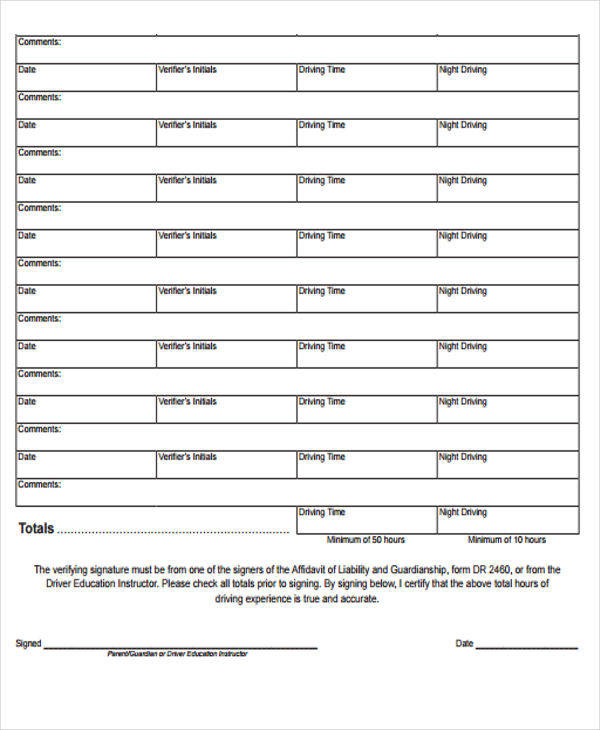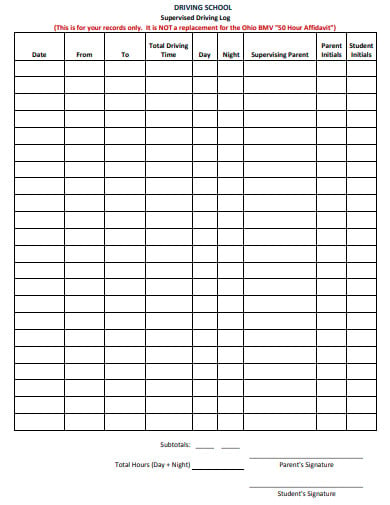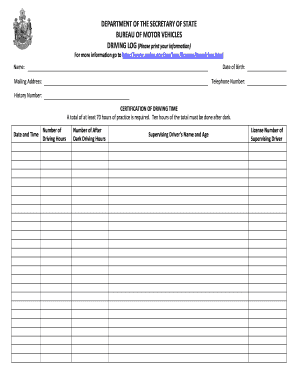

How will the DMV know that I have completed the requirements for driver education? You will receive a certificate when you complete all of the driver education requirements. A list of approved correspondence courses can be found on the DMV web site. Classroom instruction must include components about alcohol safety, drug abuse awareness, motorcycle awareness, and organ and tissue donation awareness. The program must include 36 classroom periods and 14 in-car instruction periods – seven periods of driving and seven periods of observation. Where can I find a driver education program?ĭriver education programs are available statewide through public schools, private schools, and commercial driver training schools. If you are a Virginia resident under age 19, you must complete a state-approved driver education program and hold your Virginia learner’s permit for at least nine months in order to obtain a driver’s license. What are the requirements for getting a driver’s license?

Documentation of successful completion must be provided to the DMV before being allowed to retake the test. What happens if I don’t pass the knowledge test?Īnyone who fails the knowledge test three times must take and successfully complete the classroom portion of a driver education course before being allowed to retake the knowledge test at the DMV. You will pay the fees for both the permit and the license. When you first apply for a learner’s permit, you will also complete the application process for a driver’s license. The driver accompanying you must hold a valid driver’s license. The driver accompanying you may be 18 years of age if he or she is your legal guardian, brother, sister, half-brother, half-sister, step-brother, or step-sister. A learner’s permit allows you to operate a motor vehicle when a licensed driver of at least 21 years of age is seated beside you. A learner’s permit is required if you are learning to drive on public roads. You will be required to take a knowledge and vision test. When can I get a learner’s permit?Īnyone who is at least 15 years and six months of age may apply to the Department of Motor Vehicles (DMV) for a learner’s permit. In fact, motor vehicle crashes are the leading cause of death for persons between the ages of 15 and 20. For young drivers, it is especially difficult and can be lethal. It is important that you know and obey the rules of the road and that you become a safe and responsible driver in sharing the roadway with other motorists.ĭriving is a complex task, even for the most seasoned drivers. If abused, the privilege may be revoked or taken away. Driving is a “privilege” that is granted by parents to their children.

For many, it marks a “rite of passage,” and is considered an important first step toward achieving independence and becoming a young adult.ĭriving is not a “right” guaranteed by the constitution or laws of the Commonwealth of Virginia.
DMV TEEN DRIVING LOG LICENSE
The process of getting a first-time driver’s license is an important milestone. Getting your driver’s license Is the ability to drive a right or a privilege?

Learn what juveniles must do to keep the privilege of driving, consequences of driving violations, Virginia’s “zero tolerance” laws, parents’ authority related to driving privilege, and tips for driving safely. Trust and Respect Between Teens and Law Enforcement.


 0 kommentar(er)
0 kommentar(er)
